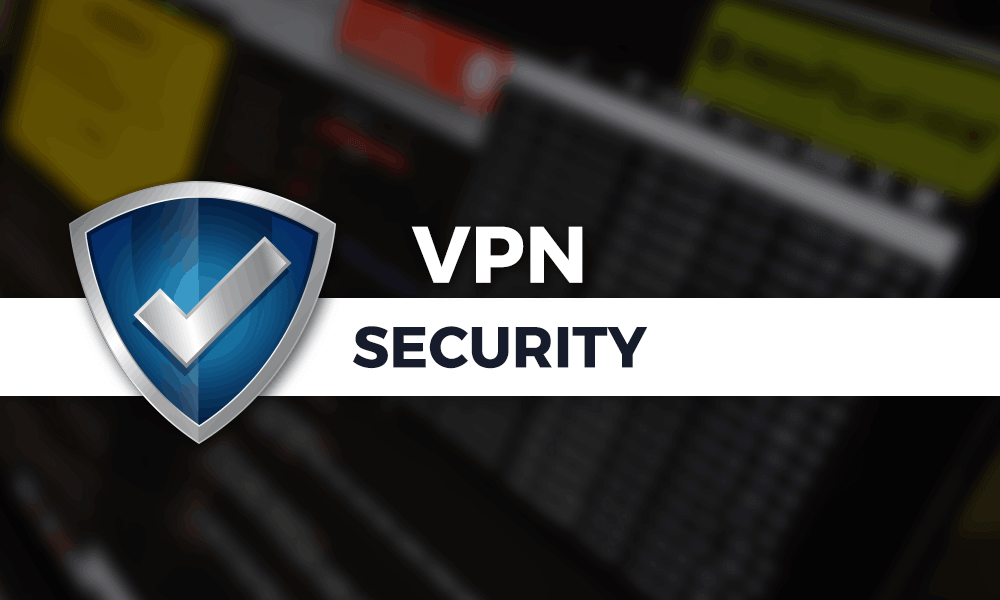VPNs are popular online security tools that allow users to access content and networks in a securely encrypted way. Although VPNs are free to use, there are a few things you can do to keep them safe.
Some best practices to maintain VPN security include using a strong cipher algorithm, using a user-friendly and secure platform, and using a bread-and-butter internet such as encryption protocols like AES-256-bit or Blowfish.
How To Protect Your Privacy On The Net: Top Tips From The VPN Industry
Created with a VLC media player and the free VPN app, you can keep your privacy on the net secure and safe.
When it comes to online security, nothing is more important than keeping your data private. If you use a VPN to encrypt your traffic, you can reduce your chances of being monitored and hacked by cybercriminals. However, there are a few things that you should keep in mind while using a VPN:
1) Make sure that the best VPN service is registered with authorities. This will help to ensure that their terms of service are up-to-date and complied with.
2) Be careful about what information you share when using a VPN. Do not reveal too much about your identity or personal information – this could lead to trouble for you down the line.
The Best Practices For Maintaining VPN Security
VPN security is one of the most important aspects of using a VPN. By using strong encryption methods and following best practices, you can help protect your online activity and keep your data private. Here are some tips to help keep your VPN security in check:
- Use a strong encryption method – Using strong encryption technologies helps protect your data from unauthorized access and theft. Strong passwords, two-factor authentication, and other measures can help keep your VPN account secure.
- Be aware of potential threats – Be sure to stay up-to-date on the latest threats and watch out for suspicious behavior online. Threats that may pose a threat to VPN security include hackers attempting to steal personal information or gain access to your device or computer; spammers trying to deceive you into signing up for fraudulent services; and fake websites that are designed to exploit users’ vulnerabilities.
How To Keep Your Digital Life Protected With A StealthVPN
When it comes to online security, you can’t go wrong with a VPN. With the help of a VPN, you can keep your digital life protected from any potential threats. While there are a variety of VPNs available on the market, here are two that should be your top options.
- NordVPN: NordVPN is one of the most popular VPNs on the market. With over 40 million users, NordVPN has proved its resilience in terms of security and privacy. Their user interface is easy to use and their features are comprehensive, including support for both Apple and Android devices.
- Trustpilot: TrustPilot is one of the most trusted VPN providers on the market. They have millions of customers who have rated them high-speed VPN and trust their service to protect their data and privacy.
How To Keep Your VPN Security Stronger Than The Rest
A VPN is a virtual private network, or VPN, that helps you access the internet anonymously. A VPN disguises your IP address and encrypts all traffic between your device and the internet. This means that if someone were to track your online activities, they would not be able to see what you are browsing or watching.
This security feature makes it difficult for hackers to steal your personal information or interfere with your online activity. Additionally, a VPN can help protect your online identity by verifying that you are who you say you are when using the internet.
When choosing a VPN, remember that security is essential for both personal peace of mind and business efficiency. By using a well-Endowed VPN service like ExpressVPN, you can trust that your data will be protected from any potential threats on the internet.
3 Simple Ways To Protect Yourself From Hackers
- Use a VPN: A VPN is a virtual private network, or “VPN,” that encrypts your traffic and allows you to browse the internet anonymously.
- Use an online security tool: Many websites offer online security tools that help you protect your identity and personal information. These tools include two-factor authentication (2FA), malware scanning, and anti-virus protection.
- Use encryption: Encryption helps protect your data from being accessed by unauthorized individuals or groups. This can be done with passwords, acknowledgment codes, or other methods.
Conclusion
VPN users should follow best practices to maintain their security, including regularly connecting and disconnecting from VPNs, using two-factor authentication, and avoiding third-party apps. These measures will help protect their privacy and identity when using VPNs.
Related more. Soopertrend.com

Average Rating